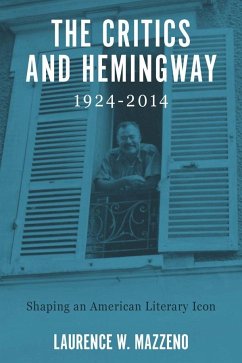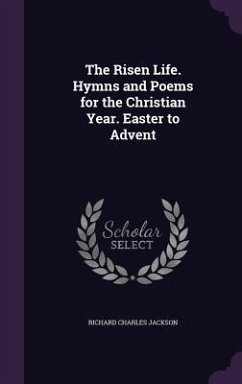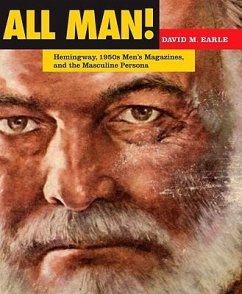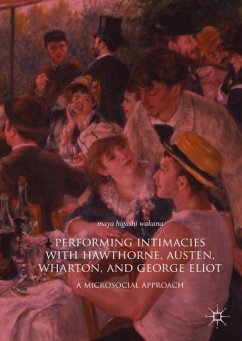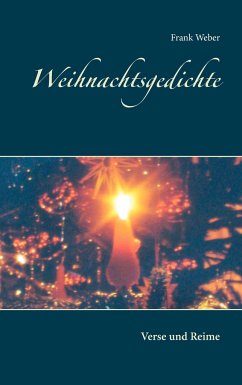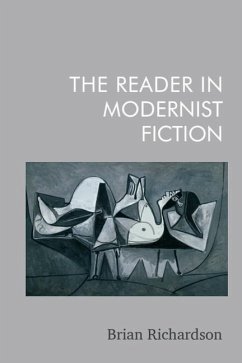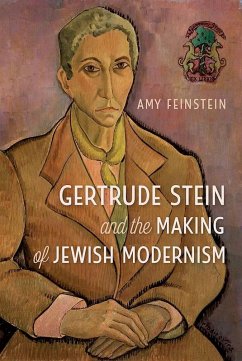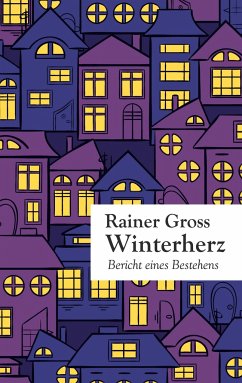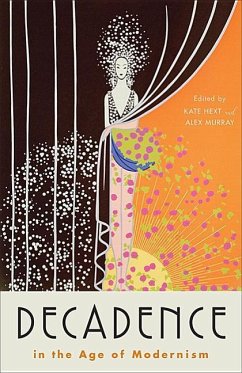Nicht lieferbar
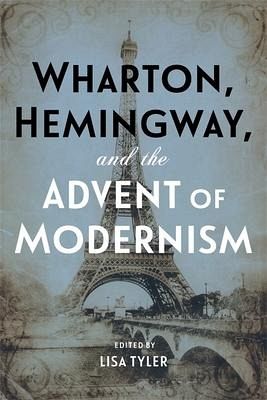
Wharton, Hemingway, and the Advent of Modernism
Versandkostenfrei!
Nicht lieferbar
"Throughout much of the twentieth century, Edith Wharton was usually understood as a disciple of Henry James. In this collection, Lisa Tyler and her essayists challenge readers to view Wharton as an early literary modernist partner to Ernest Hemingway, America's iconic literary modernist. Twelve essays provide a rich, sometimes surprising, mix, linking the two writers biographically and thematically, and even playfully in the concluding essays. Finishing the book, readers will find pairing Wharton and Hemingway as natural as pairing Fitzgerald and Hemingway." --Joseph M. Flora, president, Erne...
"Throughout much of the twentieth century, Edith Wharton was usually understood as a disciple of Henry James. In this collection, Lisa Tyler and her essayists challenge readers to view Wharton as an early literary modernist partner to Ernest Hemingway, America's iconic literary modernist. Twelve essays provide a rich, sometimes surprising, mix, linking the two writers biographically and thematically, and even playfully in the concluding essays. Finishing the book, readers will find pairing Wharton and Hemingway as natural as pairing Fitzgerald and Hemingway." --Joseph M. Flora, president, Ernest Hemingway Foundation and Society "That Edith Wharton and Ernest Hemingway are two writers we don't readily think of in the same breath says a lot about the intractable ways we segregate our artists, whether by gender, generation, or genre. Lisa Tyler's wonderful collection demonstrates the intellectual enthusiasm, the rush, that comes when we break down those boundaries. Across a dozen essays, Tyler's all-star team of scholars foregrounds the many fascinating intersections between two famous figures stereotyped at opposite extremes by their own iconicity: Wharton the exacting aristocrat, archly principled in the Victorian layers she criticized as shackles, Hemingway the blustery adventurer, the no-nonsense minimalist whose hair-on-the-chest bluntness hid a deep vein of sentimentality and nostalgia. Between these poles, however, are overlapping nuances arising from a mutual attraction to the book of Ecclesiastes, a shared publisher, their grappling with the Great War, and an intrigue with the literary stylization of crime we would eventually know as noir. After this collection, we'll never again think of setting Ethan Frome and The Sun Also Rises at far ends of our bookshelves." --Kirk Curnutt, author of Reading Hemingway's "To Have and Have Not"





